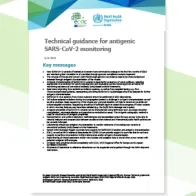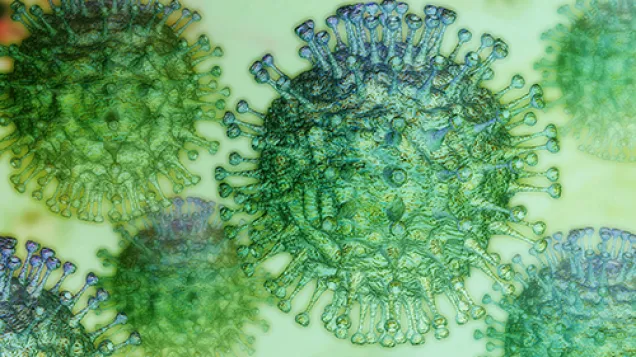ECDC issues guidance on scaling up capability and capacity to characterise SARS-CoV-2 variants
The document outlines available options concerning testing strategies, handling and isolation of samples, characterisation techniques, standardisation of methods, and results reporting. It also describes the laboratory support and information sharing that ECDC and the WHO Regional Office for Europe can provide to countries in the European Region.
Antigenic characterisation of SARS-CoV-2 variants analyses a virus’ properties to help assess how related it is to another virus. This is essential for evaluation of vaccine efficacy and immunogenicity, selecting appropriate virus strain(s) for vaccine development, as well as for monitoring resistance to antiviral treatments. Antigenic properties of SARS-CoV-2 variants can be characterised using techniques such as plaque reduction neutralisation, microneutralisation and pseudovirus neutralisation assay.
Rapid sharing of clinical specimens and/or virus isolates and antigenic data is crucial when a variant with potentially new antigenic properties emerges. In such cases, antigenic data should be shared immediately with ECDC, WHO Regional Office for Europe and European surveillance networks. Shipments of specimens to reference laboratories can be supported through the WHO shipment mechanism.
Read the report

Share this page


